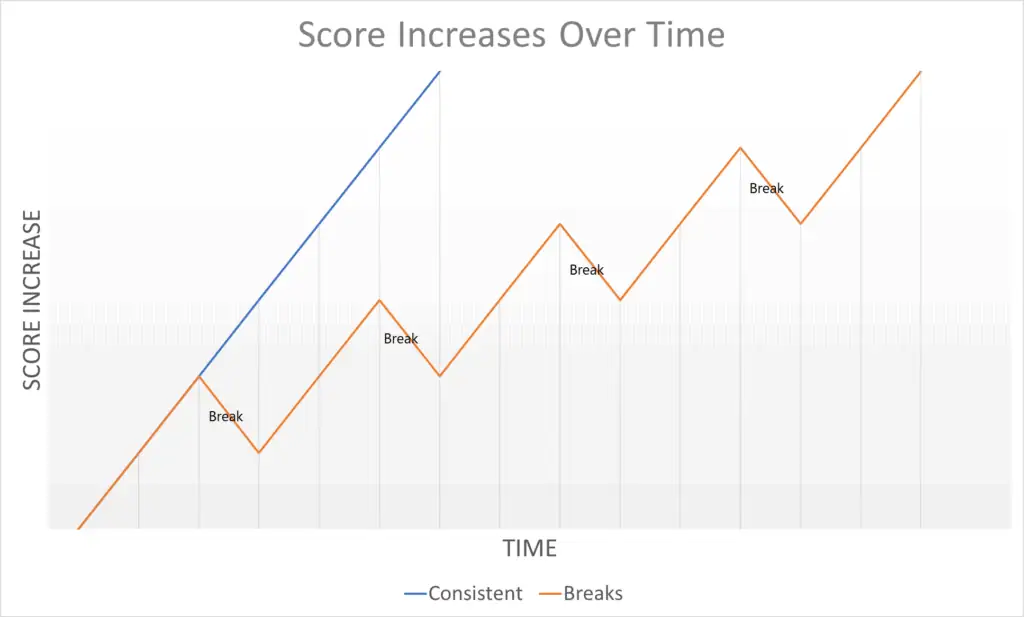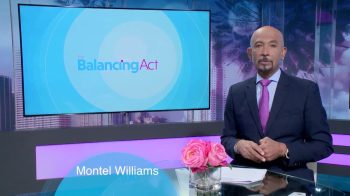How can you avoid stagnation, the resulting lack of motivation, and falling short of your potential? By initially and consistently putting in the work to see consistent gains. With the SAT and ACT, ironically, the students who burn out from prep are typically those who do less prep. Why is that?
Motivation

The best motivation is success. If you see consistent progress and success, you are likely to keep working at something or even work harder at it. But, of course, the reverse is also true: a lack of progress deflates most people’s motivation, thereby making it even harder for them to succeed. Success creates a virtuous cycle that begets more motivation and more success; stagnation creates a vicious cycle that decreases motivation and decreases the probability of achieving one’s potential.
For example, if a student is below a 30 on the ACT or a 1370 on the SAT, then they almost always need more than 1 hour per week of tutoring in order to see consistent and significant score gains (otherwise the rate of new knowledge gained is only slightly faster than that of old knowledge lost, and progress is unavoidably slow). There’s a visual demonstration of this at the bottom of this page. Students who get less prep than they need are most at risk to lose motivation – it is very hard to keep working hard if they are not seeing significant results.
Effect of Breaks
That includes students who take breaks. When a student takes a break, they typically yo-yo: 1) They increase in skill and knowledge, 2) They take a break and lose both skill and knowledge – as we all do when we are not practicing something, and 3) They resume prep and increase in skill and knowledge again. However, sometimes they only increase back to or slightly above their previous level of skill and knowledge, so they receive the same score or only slightly higher on the next test. This lack of visible progress makes them feel like their time and effort was wasted. But it wasn’t the time and effort that didn’t pay-off. It was the break and loss of skill and knowledge that diminished the impact of their earlier efforts.

Students who do sufficient and consistent prep almost always see significant and consistent gains. And what effect do significant and consistent gains have? They motivate students and lead to even more significant and consistent gains. A virtuous cycle. As a result, our students who do consistent prep have 50% higher score increases than those who take breaks. In summary, taking breaks = paying more and taking more time to get the same results (and increasing the chances a student will lose motivation and not get the same results).

Succeed
If you want to succeed, set yourself up for success: make sure you put in enough time and do so consistently to make sure that you will see positive results. And then use those positive results to motivate you toward your potential. If you stay the course, you can and will succeed.








